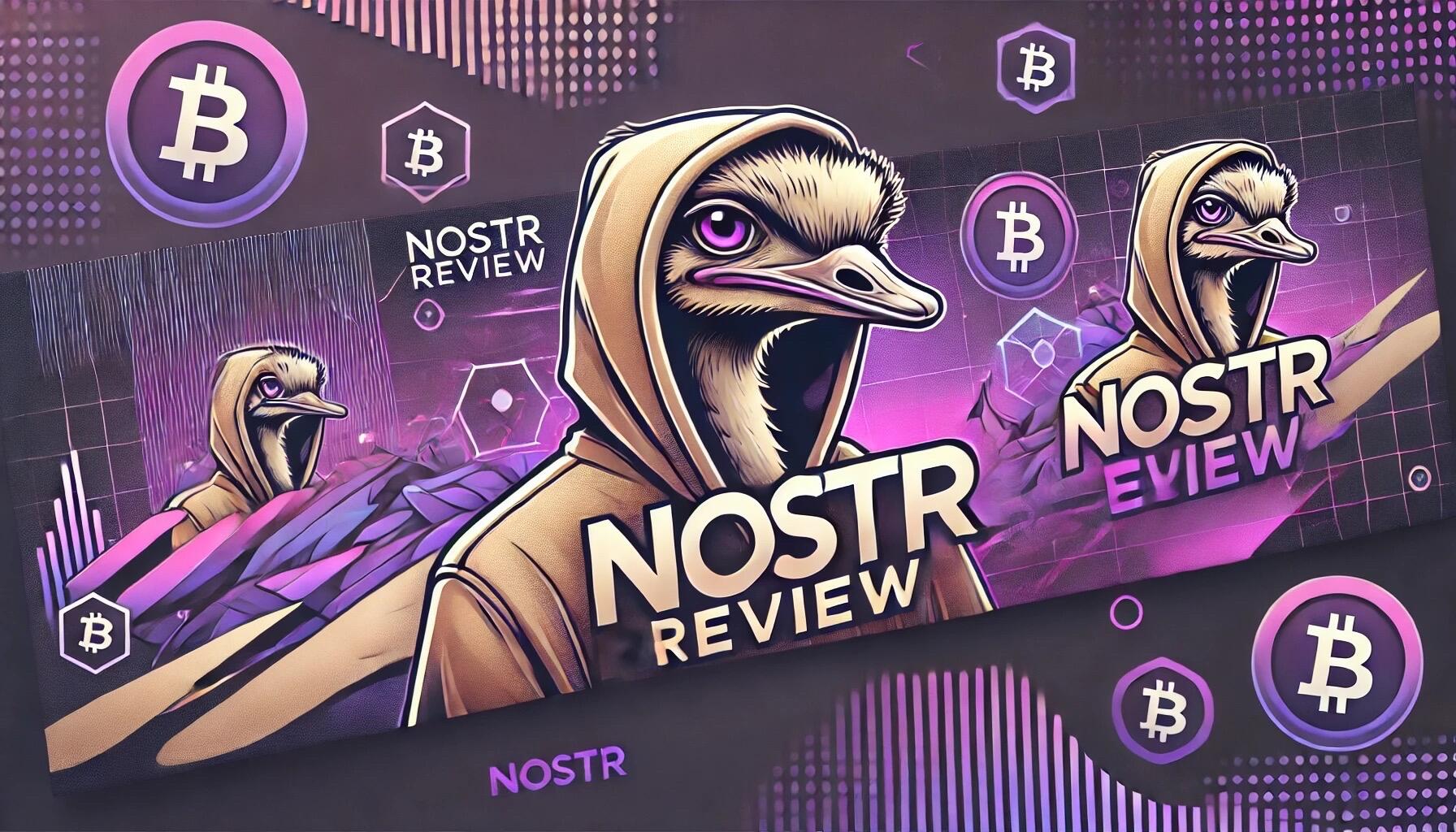For decades, the internet has promised an open, interconnected world where anyone can share ideas, build businesses, and connect freely. In its early days, this promise seemed attainable—a digital wild west where innovation thrived and creativity knew no bounds. But as the internet evolved, so did the gatekeepers. Giants like Google, Meta, and Amazon now dominate the web, dictating how we interact, what we see, and often, what we’re allowed to say.
This isn’t the internet we were promised. It’s a walled garden where central authorities control the gates, monetize our data, and censor voices that challenge the status quo.
Enter decentralized protocols like NOSTR, a breath of fresh air for those of us who believe the internet should be free, open, and resistant to control. Here’s why NOSTR and other decentralized protocols are the antidote to the internet’s centralization problem—and why we’re just getting started.
The Centralization Problem
The modern internet revolves around a handful of centralized platforms:
Social Media: Platforms like Facebook, Twitter, and Instagram determine what content reaches your feed. Algorithms prioritize engagement over truth, often creating echo chambers.
Cloud Hosting: Companies like Amazon Web Services (AWS) and Google Cloud host vast swaths of the internet. A single outage or policy change can take down critical infrastructure.
Search Engines: Google alone processes over 90% of global search queries, giving it disproportionate power to shape knowledge discovery.
Financial Gatekeepers: Payment processors like PayPal and Stripe have the power to cut off individuals and organizations from financial systems based on subjective criteria.
Centralization leads to:
Censorship: Voices can be silenced without recourse.
Monopolies: Innovation is stifled as big players dominate.
Data Exploitation: Our personal information is harvested, sold, and used to manipulate us.
Decentralization as the Solution
Decentralized protocols aim to distribute power back to users, removing the need for centralized intermediaries. Let’s break down why they matter and how they work:
Ownership of Identity With NOSTR, your identity isn’t tied to a platform. It’s tied to a cryptographic keypair that you own. Lose trust in one relay or client? Simply move to another without losing your connections.
Censorship Resistance Decentralized systems like NOSTR rely on relays—small, independent servers—to propagate messages. No single relay controls the network, making it far harder to censor content globally.
Data Sovereignty Your data isn’t hosted on a corporate server. Instead, you choose how it’s stored and shared. With decentralization, the era of platforms monetizing your personal information could come to an end.
Financial Inclusion Integration with Bitcoin and the Lightning Network allows users to send microtransactions directly, bypassing traditional financial gatekeepers.
Why NOSTR Is Just Getting Started
NOSTR (Notes and Other Stuff Transmitted by Relays) embodies the core principles of decentralization. While still in its infancy, it’s already showing immense promise. Here’s why it’s poised to grow:
Developer-Led Growth Unlike centralized platforms, NOSTR is an open protocol. This means developers can build clients, relays, and applications without asking for permission. This freedom fosters rapid innovation.
Interoperability NOSTR isn’t tied to one app or use case. It can support everything from social media to blogging to encrypted messaging. The possibilities are endless.
Community-Driven Ecosystem Early adopters of NOSTR are passionate about its mission. These pioneers are building not just the infrastructure but also the culture that will guide its future.
Rising Distrust in Centralization As more people wake up to the downsides of centralized platforms—data breaches, censorship, manipulation—the demand for decentralized alternatives will grow. NOSTR is well-positioned to meet this demand.
Challenges Ahead
While the promise of decentralization is exciting, challenges remain:
User Experience Today, setting up a NOSTR account requires understanding public and private keys, choosing relays, and navigating new apps. This complexity must be simplified for mainstream adoption.
Spam and Moderation Decentralized networks can struggle with spam and harmful content. Innovative solutions, like paid relays or community moderation, will be crucial.
Scalability As user numbers grow, relays and protocols must scale to handle increased traffic without compromising performance.
Economic Models Sustainable monetization for relay operators and developers will be necessary to maintain and grow the ecosystem.
The Road Ahead
Decentralized protocols like NOSTR represent more than just a technological shift—they’re a philosophical one. They challenge the very idea that a few corporations should control the internet’s infrastructure. They empower individuals to own their data, control their identities, and interact freely without interference.
As early adopters, we have the opportunity to shape this movement. By building, experimenting, and sharing the principles of decentralization, we can create a future where the internet fulfills its original promise: a free, open space for innovation, connection, and human potential.
NOSTR is just getting started. And so are we.
Stay humble. Stack sats.
Oyl Miller comes from an advertising background where he has worked for legacy brands like Nike and PlayStation, digital giants like Google and Airbnb, as well as crypto and web3 startups. He is experimenting with moving to a Bitcoin standard, and is looking to create value with his writing skills in a variety of ways.




